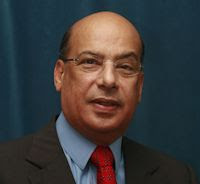
In memorialising Mandela, Caribbean people can proudly say that they stood with him in the time of the great struggle against apartheid – and he showed his appreciation

In memorialising Mandela, Caribbean people can proudly say that they stood with him in the time of the great struggle against apartheid – and he showed his appreciation

The small Latin American country of Uruguay has become the only country that allows growing and selling marijuana
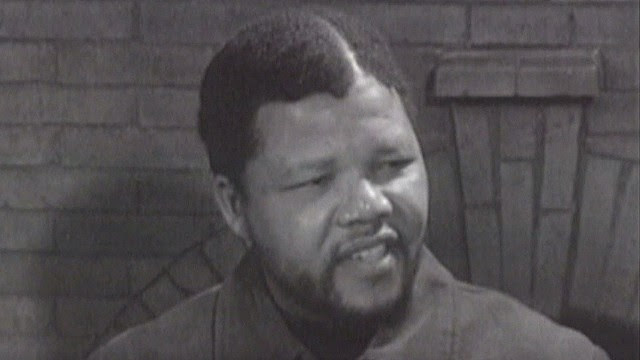
As the world joins together in celebrating the life of Nelson R. Mandela, South Africa’s “Madiba” who symbolizes freedom and dignity in every corner of the planet…

As Chairman of Freedom, Inc. in Youngstown, Ohio, a community based, Pan Africanist organization, I was privileged to be among a small group of activists/organizers who launched the mobilization to hold the first African Liberation Day (ALD) in the U.S. in 1972.
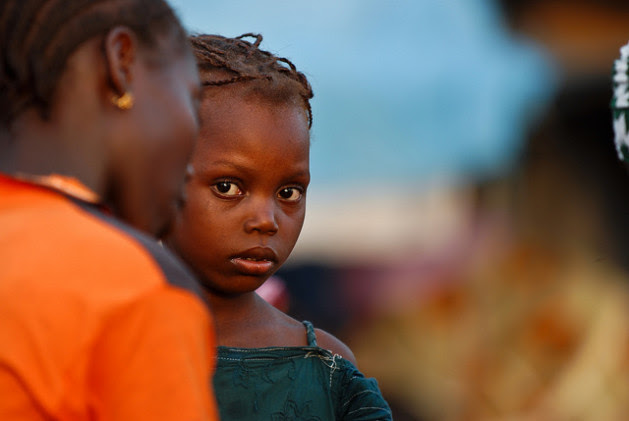
This article is part one of a two-part series on charges of racial bias in the child welfare system in Philadelphia. Part two looks at the uphill battle fought by parents or relatives seeking to regain custody of their children.
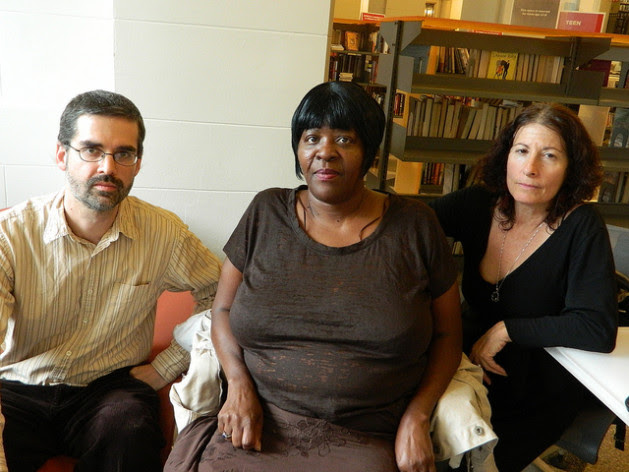
PHILADELPHIA, (IPS) – Seated at a table in the dimly lit café in Philadelphia’s public library, Carolyn Hill looks no different from her fellow diners. A few minutes of conversation, though, are enough to reveal the extent of her distress.
By Steve Weissman,
The nationalization of the mines, banks and monopoly industries is the policy of the ANC, and the change or modifications of our views in this regard is inconceivable,”
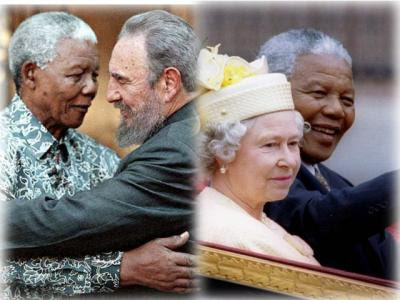
Nelson Mandela is dead. Thus ends an epoch in the revolutionary history of the South African people.

By Ajamu Baraka — “The master’s tools will never dismantle the master’s house.” – Audre Lorde December 10 is recognized as International Human Rights Day and celebrated around the world….
The Other Mandela, Mandela and the Politics of Immortality, Obama Failed To Deliver Long-Overdue Apology To Mandela, How the ANC Sold Out South Africa’s Poor
by SANJEEV BRAICH
Nelson Mandela is dead, and the media pullulates with blazing adulation. Much of it is justified: we must, after all, extol Madiba’s courageous opposition to a barbarous system, and to the barbarous philosophy that maintained it in existence.
Dignitaries and presidents, media stars, and celebrities from around the world converged on South Africa to pay their respects to Nelson Mandela, the warrior for racial justice.